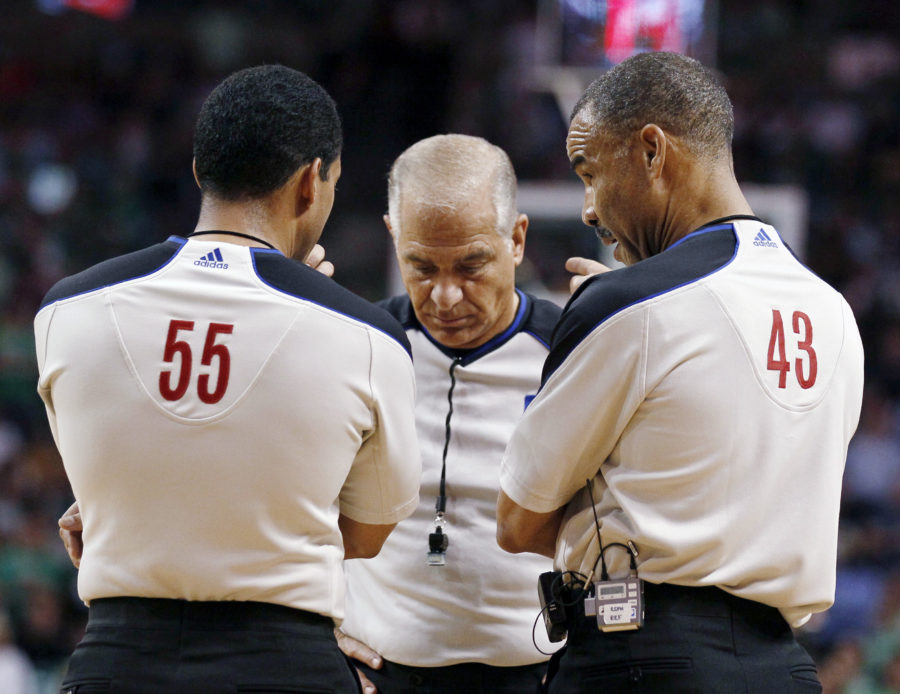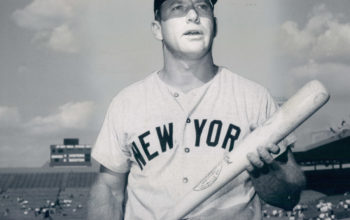Boos, getting yelled at by players, constant travel- “I don’t think there is a group in professional sports that is under the same level of stress that NBA referees are under.”
The following written content by Ben Dowsett

NBA die-hards will surely remember Joey Crawford ejecting Spurs Hall-of-Famer Tim Duncan for laughing on the bench during a game in 2007, and what happened next: Crawford was suspended for the remainder of the season, fined $100,000 and ordered to attend therapy by then-commissioner David Stern.
The experience had a profound impact on Crawford—in a positive way. In fact, he tells GQ he wishes he’d been exposed to those sorts of mental health resources earlier.
“That wasn’t the first time I was out of line in my career,” Crawford says. “I was fined, I was suspended before that. I knew there was a problem, I just never really grasped it and put my arms around it and said, ‘Help me.’”
Through sessions with Dr. Joel Fish, whom Crawford says he’s recommended to hundreds more people since meeting the therapist nearly 15 years ago, he found a level of comfort and understanding that’s tough to attain in the sports world.
“I don’t think I would have been able to get through my last 10 years if I didn’t go to therapy,” Crawford says.
Job-related burnout and mental health strain are nothing new, of course, and reported levels seem to be higher than ever across many industries. But recently, the NBA has recognized that refereeing in the league—a high-pressure environment that is impossible to officiate perfectly due to simple realities of physics and speed—is a unique profession with regard to stress.
Marc Davis, 23-year NBA referee, tells GQ that some of the sources of strain are obvious—dealing with players and hostile fans on a night-to-night basis.
“Many people just look at it as people screaming at you,” he says—people who will be “unsatisfied with your performance regardless of how excellent it is.” A big part of the strain is “the unrealistic expectations of perfection.”
But he says there are deeper difficulties that often go unrecognized. “Taking in the outside stresses of travel, separation from family, lack of sleep, nutrition,” Davis continued. “I don’t think there is a group in professional sports that is under the same level of stress that NBA referees are under.” Read more from GQ.





